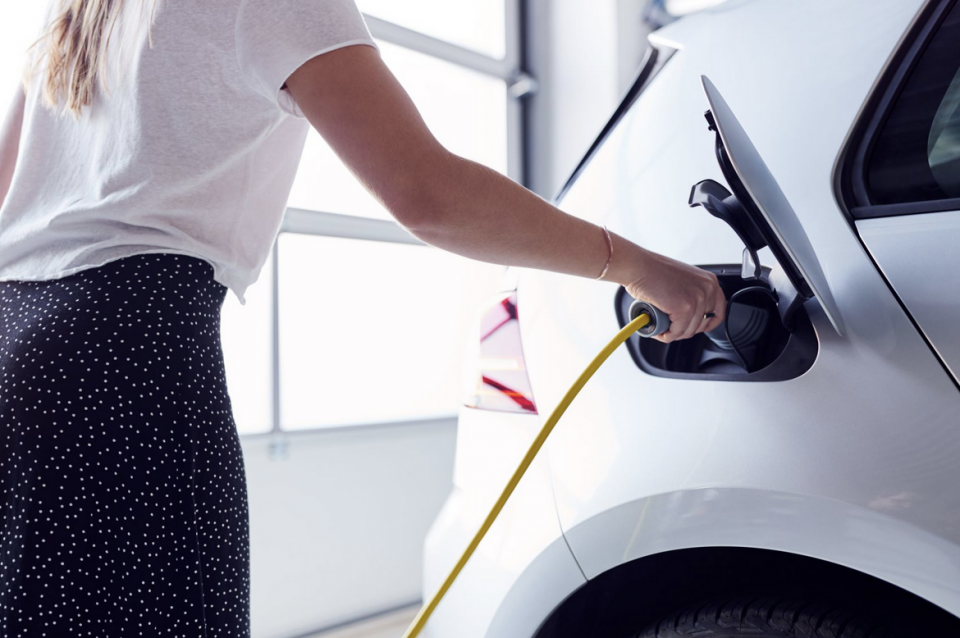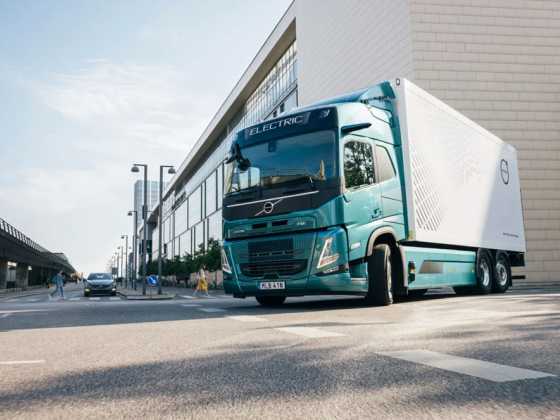More EV updates needed in Highway Code, says AA

The AA Driving School is calling for more information on EVs to be included in the Highway Code as research shows nearly two in five drivers are uncertain about driving and maintaining EVs.
Nearly two fifths of survey respondents said they would not feel confident knowing which chargepoint would be compatible with the EV (39%) and a third were not confident they could charge it correctly at a public chargepoint (30%).
Currently there is no dedicated advice on electric vehicles in the Highway Code, despite the government’s 2030 ban on the sale of new petrol and diesel cars in only eight years’ time.
Petrol stations and fuel tanks are currently addressed in an Annex3 of the Highway Code on vehicle maintenance, which could be a natural fit for topics like EV chargepoints, battery range and warning lights. In December, it was announced there will be an update to add a warning in a ‘waiting and parking’ section to remind drivers that EV charging cables can be a trip hazard on the pavement.
Mark Oakley, AA Driving School Interim Managing Director said: “With the ban of new petrol and diesel cars just eight years away, the Highway Code should be updated to reflect the future direction of driving.
“EVs have been growing in popularity for years, and we are pleased to be introducing them to the AA Driving School from March, but it’s clear from our research that our instructors will need to play a key role in helping educate learner drivers about the technology and terminology around them.
“New drivers are still getting to grips with EVs and learning what’s best for them. We’re committed to playing our part in the early adoption of EVs for new pupils to learn in, but would call on the government to improve the information and guidance publicly available.”
Nearly half of women surveyed said they would not be confident identifying the right chargepoint for the EV they were given (47%), compared to 21% of men.
One quarter of drivers in London said they were not confident they would know how to charge an EV correctly at home, without extra help (25%).
The survey also asked about drivers’ confidence to understand terminology like the range and EV roads signs and markings, such as those found in charging or parking bays.
More than one in four said they would not be confident understanding the range of an EV (27%) and 24% said they would not feel confident understanding EV road signs or markings.



